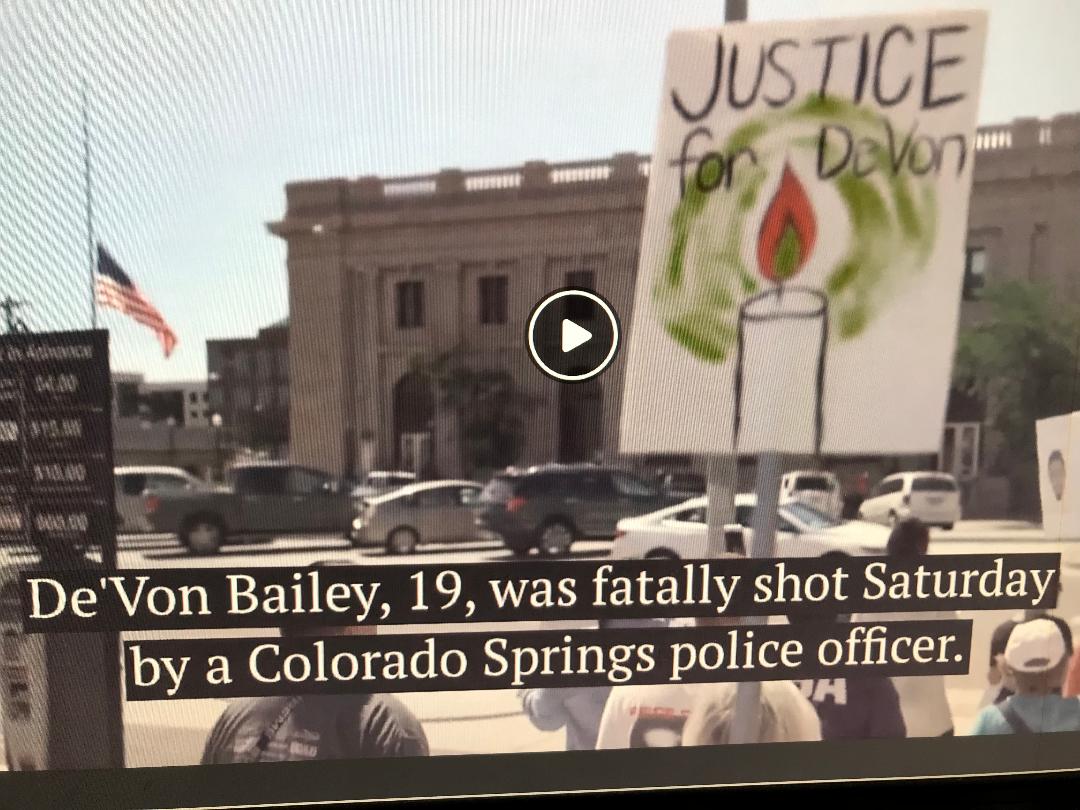[Police Brutality Study]
Professor Frank Edwards: “The inequality is not surprising. All you have to do is turn on the news to see that people of color are at a much greater risk of police-related harm. What we lack in this country are the solid estimates of police-related deaths because there is no official database where this information is stored.”
Photo: video screenshot
A new School of Criminal Justice study found that police use of fatal force is a leading cause of death in young men in the United States – with Black men 2.5 times more likely to be killed by law enforcement over their lifetime than White men.
The study, published in PNAS, Proceedings of the National Academy of Sciences, examined fatality risks during police encounters – some 11,456 between 2013-2017 – and found that African-American men and women, American Indian/Alaska Native men and women and Latino men face a higher lifetime risk of being killed by police than do their White peers.
“The inequality is not surprising,” said lead author Frank Edwards, assistant professor in the School of Criminal Justice at Rutgers University-Newark, noting the police killings of Black men like Michael Brown and Eric Garner, and boys like Tamir Rice, and the protests that followed that brought national attention to the racialized character of police violence against civilians.
“All you have to do is turn on the news to see that people of color are at a much greater risk of police-related harm. What we lack in this country are the solid estimates of police-related deaths because there is no official database where this information is stored.”
The Rutgers study used data compiled by the National Vital Statistic System’s mortality files and Fatal Encounters (FE), a journalist-led database that documents deaths involving police where cases are identified through public records and news coverage.
Edwards says the study reinforces calls to treat police violence – which has increased by as much as 50 percent since 2008 – as a public health issue and highlights the need to create a database that would accurately reflect the police violence that occurs.
“We haven’t really known for sure how often these killings have been happening because the data hasn’t been good enough,” said Edwards. “But if we are going to try and change police practices that aren’t working, we need to track this information better.”






